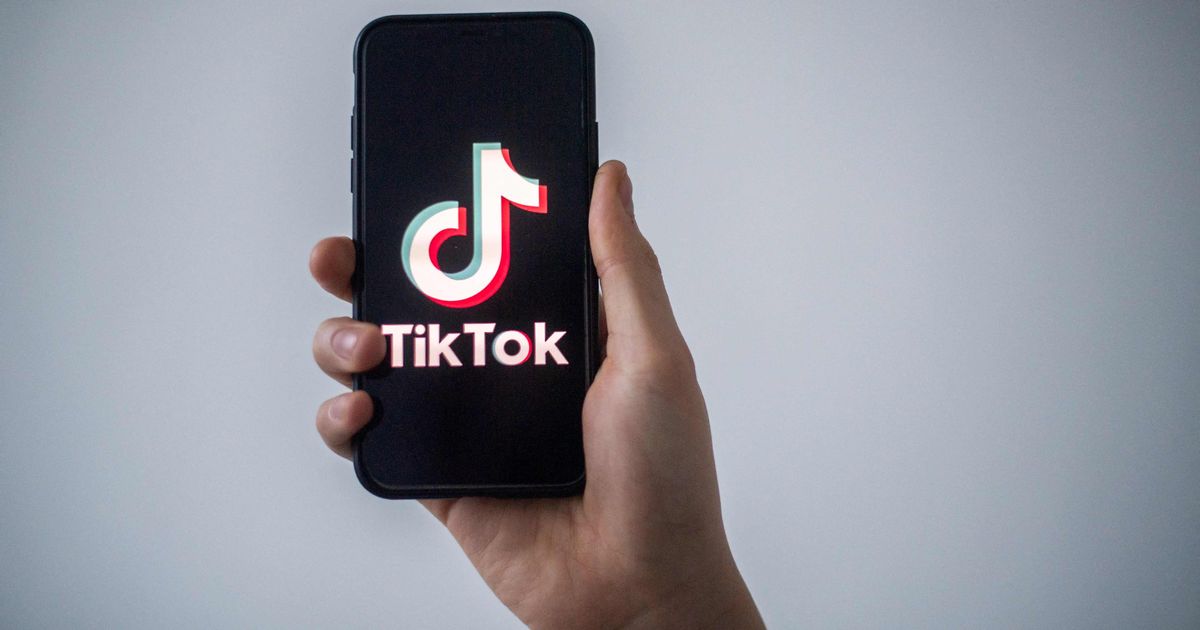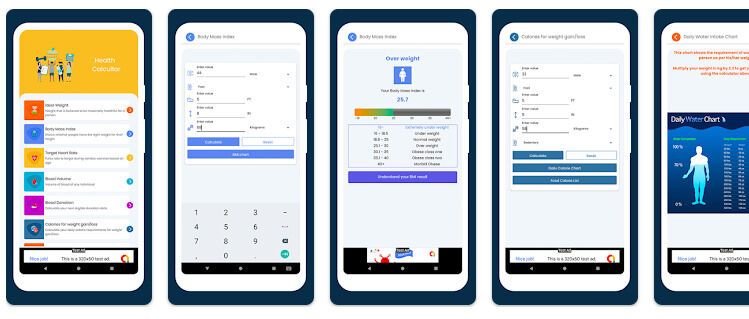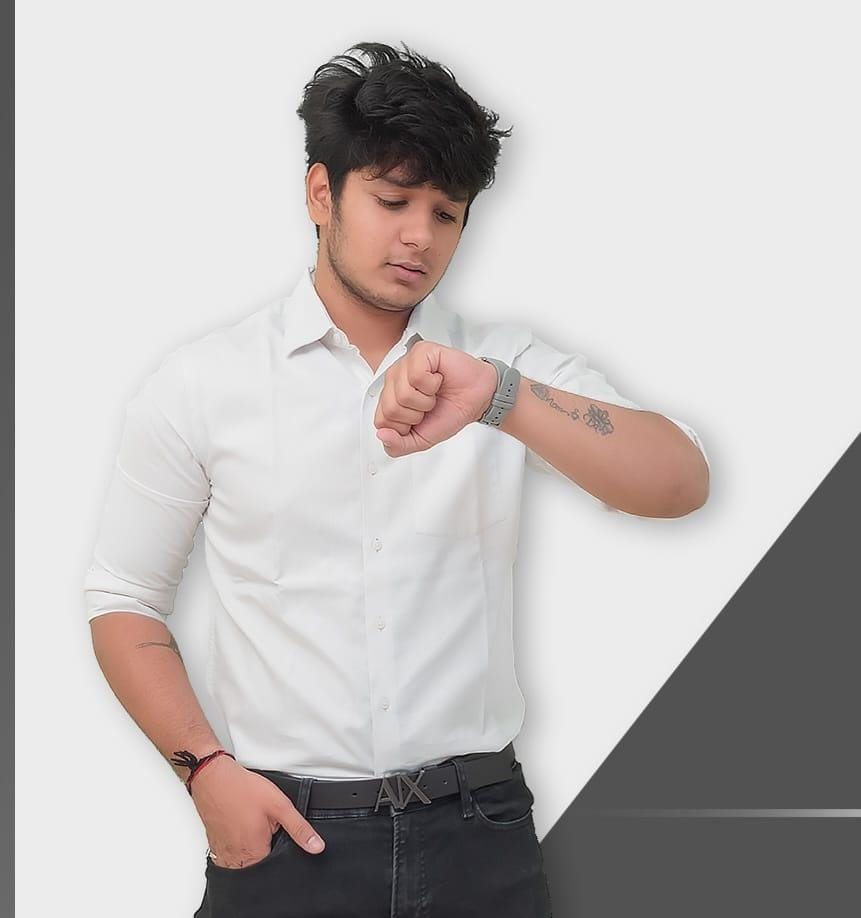TikTok continues to spawn viral trends that engage its vast user base. From cucumbers to weight loss tricks, no fad is beyond the reach of this social media phenomenon. However, with its potential to influence millions, it also brings with it particular risks. Of particular concern are the health trends that are sometimes featured, with certain ones potentially causing harm instead of promoting wellbeing.
An example of this is the health trend revolving around the consumption of apple cider vinegar for weight loss, appetite suppression, and fat reduction. Despite its popularity, various reports and research debunk these claims. Far from aiding in weight reduction, the practice is riddled with potential drawbacks, according to experts.
Fitness Coach, Donna Callander, has publicly voiced out against these online health trends, including the apple cider vinegar fad. Citing the lack of substantive research linking apple cider vinegar to effective weight loss, she points to the potential dangers of consuming this highly acidic substance. Regular or large quantity consumption may lead to irritation or damage in the throat.
The touted effect of appetite suppression from apple cider vinegar arises due to the presence of acetic acid, a short-chain fatty acid. When consumed, the acetic acid dissolves into acetate and hydrogen, which in theory, should give a feeling of fullness. However, the desired percentage of acetic acid in the vinegar is not always accurate, making the chances of achieving the supposed effect slim.
The fitness coach further warns the public of trusting influencers too much. She said, “Being safe on TikTok and any other social media is ensuring that you are very aware that influencers are there to do just that – influence and sell, that is their job. They will show you before and after challenges for example, but you have no idea what they are doing off camera.”
She further pointed out the artificial intelligence (AI) used in social media ads. Certain challenges, like wall Pilates, are advertised with AI, causing the output to be misrepresented. It’s crucial to remember that the results portrayed in the ads probably belong to a programmed model, and not a real person. Comparisons, therefore, can be dangerous and misleading.
Given these potential pitfalls, expert advice is to consult a doctor or qualified nutritionist before embarking on any new fitness challenge or diet propounded by social media. This is to ensure that the chosen plan is suitable for the individual’s health and needs. Consumers should be careful with influencers’ claims and ensure they are aware of the potential for manipulative advertising, especially when AI is used.
Donna also warned against other fitness challenges prevalent on social media platforms. The 75 hard challenge, for instance, involves a stringent diet plan, drinking a gallon of water, doing two 45-minute workouts, and reading 10 pages of a book each day. While these activities could foster positive habits, Donna voiced concerns about people altering their food or exercise regimes based on social media trends rather than seeking professional advice.
Furthermore, Donna censured the 30-day gallon water challenge, which can lead to overhydration, another serious health risk. The same warning goes for fasting challenges, where unmonitored practices may lead to health complications. As such, following influencers’ health advice without professional council is not advised.
TikTok, alongside other social media platforms, can serve as fun channels to explore and engage in different trends. Simultaneously, a discerning eye is necessary to sift through potentially harmful advice, particularly when it comes to health. Instead of going along with the latest viral trend, true health and wellness come from following well-informed, professional advice.




